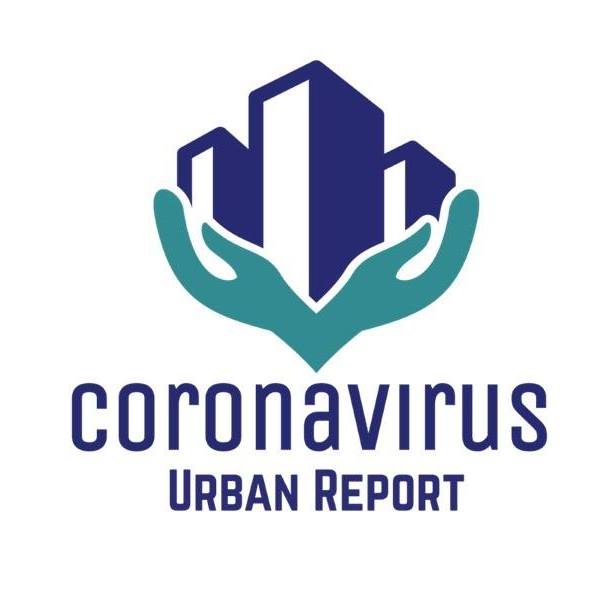Press Release, May 20, 2020

When it comes to racial and ethnic health disparities, COVID-19 brings out the worst. As of early May, data collected from 38 states and the District of Columbia showed black Americans are dying at a rate of more than two and a half times that of whites. In some places, the disparity is much greater. COVID-19 disparities highlight how factors related to the social determinants of health such as the stress of structural racism and issues related to poverty put people of color more at risk. Many underlying health conditions disproportionately affecting minorities such as obesity, high blood pressure, cardiovascular disease, asthma, and diabetes spell trouble when it comes to poor outcomes from coronavirus. Low-income African Americans are also more likely to rely on public transportation and work in jobs that have not allowed them to shelter in place, thus increasing exposure for them and their families. Additionally, leaders of grassroots organizations point to the dearth of culturally-appropriate information for African Americans living in urban core neighborhoods plagued by poverty and the digital divide.
The Coronavirus Urban Report takes aim at these disparities by using a model of health communication developed and tested with a series of grants from the National Institutes of Health to create culturally-appropriate messaging by starting production from the perspective of African American residents in underserved neighborhoods.
This project is a collaboration between residents and leaders in Cleveland’s urban core neighborhoods along with local media professionals, physicians, and academic experts. Partners include the Multi-Cultural Enterprise in Cleveland’s Mt. Pleasant neighborhood organized by CCOAL-Concerned Citizens Organized Against Lead, The Urban Barber Association (TUBA), Public Health Television (PHTV), Intentional Content, Inc., 216 TV & Vessel Work, University Hospitals Cleveland Medical Center, and the Race & Social Policy Research Center at Virginia Tech.
The pilot episode launched as a Community Conversation via Facebook Live on May 16. 2020. It addressed specific concerns and issues identified as priorities by residents in underserved communities through a series of community surveys, group discussions, and interviews with grassroots organizations. Serving as a hub for sound medical information and a voice for the community, the Live Stream included leaders from Cleveland City Council, the Urban League, the Northeast Ohio Black Health Coalition, and well-known media personalities.
The Facebook Live event discussed challenges identified in surveys and in Live comments such as testing, mental health, and the digital divide. It also highlighted the strength of the community to come together in the face of adversity. It provided viewers the opportunity to engage in real time with medical experts, discuss issues, and promote solutions including a “1,000 Mask Challenge” organized by a community activist in Cleveland’s public housing community. Producers posted the Live Stream as a standalone video on Facebook to provide viewers the opportunity to further engage with community-based content, access resources, and expand the reach via social media.
The premise for the Coronavirus Urban Report stems from the Emmy award-winning Urban Cancer Project, a media campaign created with a culturally-specific production process developed and tested by PHTV that was presented at the Congressional Black Caucus as a national model to address health disparities.
For more information
Betty Halliburton, Intentional Content, Inc. (440) 822-8949 powerfulproductions@gmail.com
Kay Colby, Public Health Television (440) 930-7969 kaycolby@publichealthtv.com